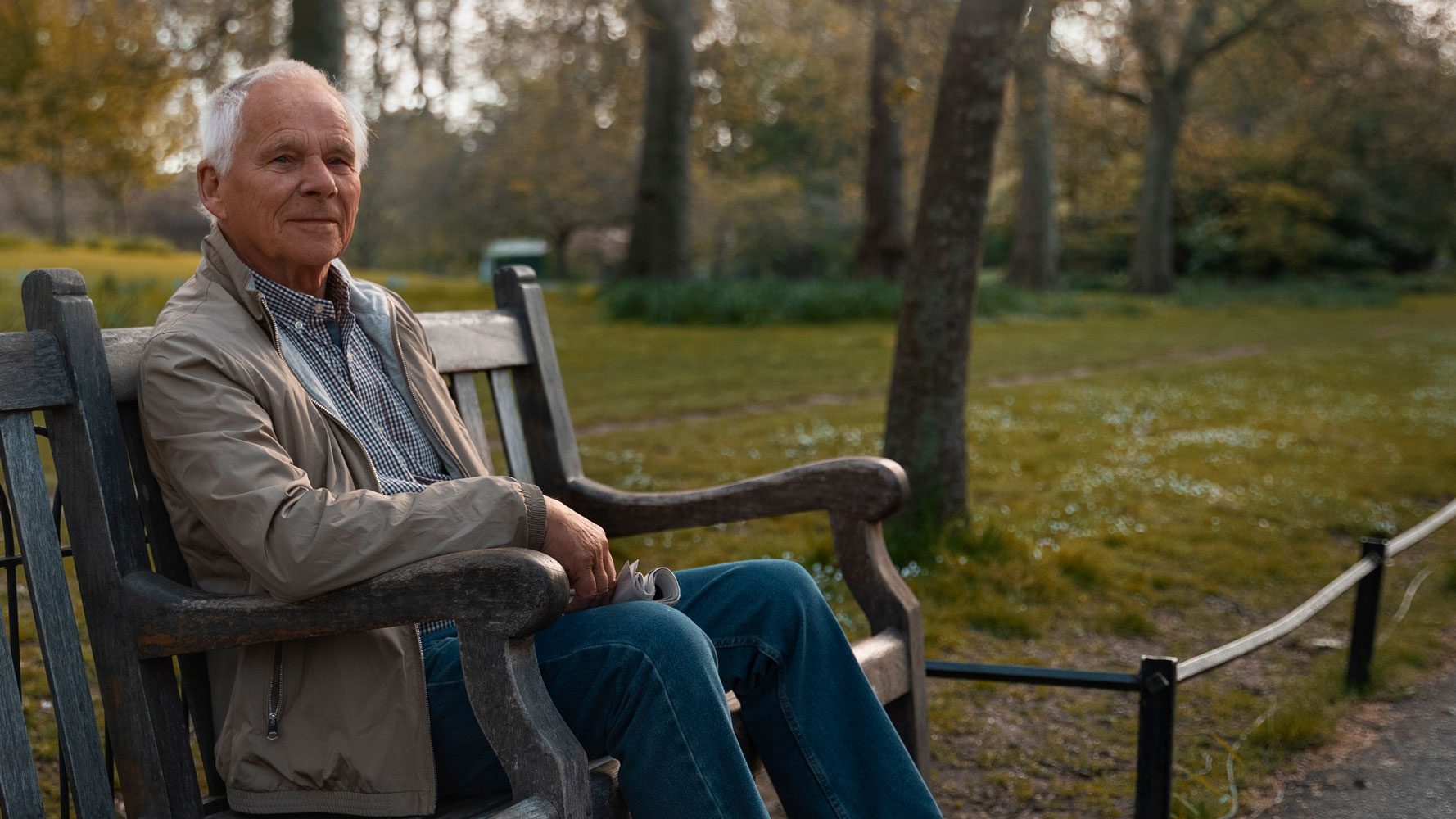
Art therapy is a new treatment in aged care and it is showing exceptional results. Recent studies show it is effective at improving the mental, physical and emotional wellbeing of Australian seniors. Art therapy can include painting, drawing, clay sculpting and many other visual arts experiences that often improve seniors’ overall wellbeing, while decreasing the levels of depression, anxiety and need for medication.
What are the benefits of art therapy?
Art therapy for seniors offers plenty of benefits, including improvements in:
- Memory
Art therapy helps with memory loss by engaging parts of the brain that have the least impairment, even in residents with Alzheimer’s. - Cognitive ability
Seniors who participate in art therapy often experience improved ability to problem solve and use logic and reason. It can also help seniors focus on tasks for longer periods of time. - Functional ability
Seniors’ functional ability may also improve, enabling them to complete day-to-day tasks more easily. - Mental wellbeing
Art therapy offers an all-encompassing experience that keeps participants in the zone, reducing their focus on negative thoughts and feelings. This is proven to reduce stress, anxiety and depression, while improving overall mood. - Emotional responses
Improved mental wellbeing enables more positive emotional responses in art therapy participants. - Communication
Through increased social interaction, seniors can experience better verbal fluency and self expression through alternative modes of communication. This can help combat feelings of loneliness and isolation and facilitates improved mental wellbeing. - Mobility and dexterity
The relaxing nature of art therapy helps reduce inflammation and stiffness, while providing some relief from chronic conditions. The regular, light activity can also improve strength and dexterity. These physical benefits can lead to an improvement in mobility and helps with falls prevention. - Relationships
The increased opportunity that art therapy gives seniors to interact socially, communicate and improve mood can lead to more positive relationships with carers and other residents.
The benefits of art therapy are multifaceted, which leads to an overall improved quality of life. Seniors benefit both physically and psychologically, which creates an effective, holistic treatment for the many challenges seniors often face.
Aged Care Decisions can help you find a local residential aged care facility that offers art therapy. Complete our online registration form here to access our free service.
The positive impact of art therapy on people living with dementia
Seniors living with dementia face additional challenges with communication, mobility, memory and social connection. Art therapy can help those suffering from dementia offering them a better quality of life through improvements in all of the following four areas:
Communication
Residents with dementia often have difficulties expressing themselves verbally, which can affect their mood, ability to connect with others and their mental wellbeing. It can lead to agitation and withdrawal in many dementia patients.
When seniors with dementia participate in art therapy, they can experience an improvement in their mood and cognitive ability that lasts long after their session has ended. This is because art therapy enables seniors with dementia to communicate and share memories through their art, giving them an alternative way to communicate and express their emotions. This opportunity to share an important part of themselves with others has a direct effect on their overall wellbeing.
Mobility
The cognitive decline associated with dementia can impair coordination, balance and fine motor skills. This often means that seniors with dementia have reduced mobility and dexterity, which causes further decline in seniors’ physical and mental health.
Art therapy for seniors provides the opportunity for consistent exercise and fine-motor-skills practice that improves strength, range of motion and dexterity. This can increase the ability of seniors with dementia to do self-care tasks and to move around.
Memory
Memory loss is a significant challenge for dementia sufferers. It can impact mobility, social connection, mood and mental health, often increasing the risk of depression and anxiety. Art therapy can help with dementia by enabling seniors to access memories despite existing impairment. It improves working memory as participants focus on creating their artwork.
Social connection
Dementia often reduces social connection through the inability to recognise loved ones, move around and communicate. The improvements that art therapy can cause in these three areas greatly improves the ability for seniors to socially connect with the people in their lives. Regular group classes also provide additional stimulation and social connection for every participant.
Art therapy is proven to enhance the emotional wellbeing of the elderly
Scientists have conducted various studies on the effectiveness of art therapy for seniors. One study, by Doric Henry-Lee, found that pottery classes reduced depression and anxiety, while improving self-esteem. Another university study in the UK found that 10 weeks of art therapy reduced depression in the Alhzeimer’s patients that took part, while improving their cognitive ability.
Interestingly, a university study, by Dr Bruce Miller, found that participants were able to form new pathways in the brain that allowed them to improve artistically and enjoy the creative experience, despite language impairment.
The proven reduction of feelings of depression and anxiety and the positive experience that art provides means that art therapy can foster overall emotional wellbeing in aged care residents.
Art as a healthy outlet for emotions
Seniors’ health challenges often foster complex emotions that are not so easily expressed with language. Health conditions that limit function and ability can cause deep sadness or anger for many seniors.
Art therapy provides seniors, including those with dementia, a comfortable and relaxing space to let go of their feelings and express themselves through art. The process of creative expression helps people to process their feelings without the need for words, which is extremely therapeutic. A trained therapist can provide the right type of support and tailor art projects to suit the needs of the participants.
Often, art therapy is the only form of emotional release available to seniors with health challenges, so it is an integral part of a holistic treatment plan for many. The relief seniors experience after an art therapy session can help them better manage their emotions in their daily life.
Improved memory loss as one of the benefits of art therapy
Art therapy can improve memory loss for seniors, but scientists are not yet sure why. The current consensus is that it allows seniors to form new pathways to misplaced memories. The process seems to bypass the usual routes which are impaired and finds new ways to access memories as the resident expresses themselves artistically.
How can I find an aged care home that offers art therapy?
Aged Care Decisions work with over 800 residential aged care homes. Our free service connects you with homes that meet your specific care needs, so that you can find the right home for you. We can help you determine which homes have the right type of art therapy classes for you or your loved one so that you can access the benefits of art therapy.
Call us on 1300 775 870 or complete our simple online form here.







